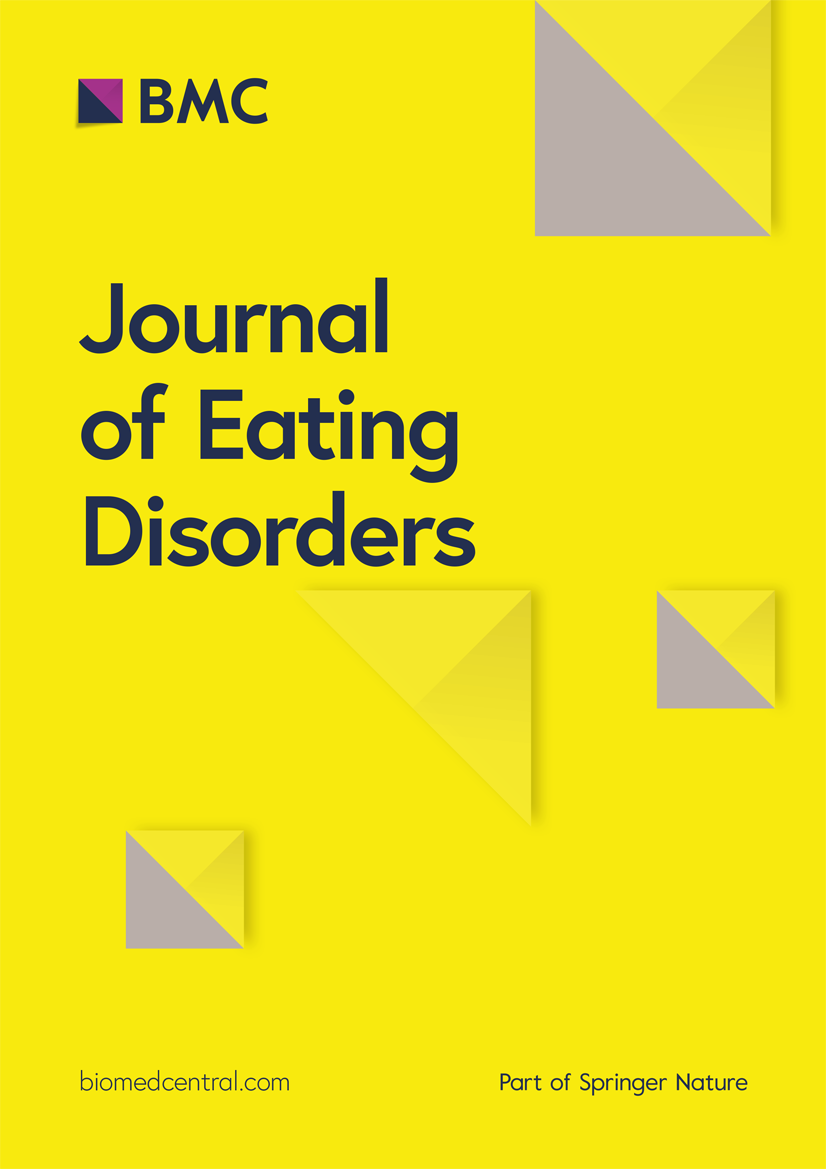Eating disorders are mental illnesses associated with significant morbidity and mortality [1]. Compromised nutritional status is a key feature and can contribute significantly to morbidity and clinical risk [2]. To minimise nutrition-related complications and optimise treatment outcomes, accurate assessment of dietary intake and nutritional status is an important care component. Very few studies have, however, investigated the validity of dietary assessment methods in eating disorders, including the diet history, despite the known alterations in eating and exercise behavior, such as dietary restriction, binge eating, purging, excessive physical activity and the frequent use of dietary supplements and substances to influence weight or shape.
Administration of the diet history is a common clinical practice in the assessment of nutritional status and eating behaviour of people with an eating disorder. Information gathered is used to direct nutrition intervention, including around nutritional rehabilitation, particular foods consumed, behaviours around eating or food beliefs. The Burke diet history [3] assesses individual food consumption and nutrient intakes, and can produce a more complete and detailed description of food intake than food records, a single 24-hour recall or food frequency questionnaires [4, 5]. Habitual intake from core food groups, specific dietary items, attitudes and beliefs, and behaviours such as missed meals, dieting and non-dieting days (particularly relevant to eating disorders) are assessed. Important disadvantages of diet histories are recall bias and social desirability bias [6]. Energy and most nutrients can be estimated reasonably accurately [6], though bias and error due to reliance on participant memory, conceptualization of portion sizes, interviewer bias and tendencies to over-estimate energy intakes are known [4, 5].
Cognitive function impacts the ability to accurately describe food portion sizes and frequency of consumption, and starvation symptoms are known to impact cognitive function in eating disorders [7]. Binge eating episodes are often highly stressful situations involving loss of control and consumption of large amounts of food in a short period of time, which may influence episodic memory of the type and quantity of food consumed during binge episodes. Other features (including dietary restriction, ritualistic eating behaviours, discomfort around disclosing behaviours, compensatory behaviours and use of supplements and other substances) may contribute to bias and error. Data from diet histories rely heavily on the skill of the interviewer, particularly in reducing over-reporting or under-reporting, and observer bias can occur. Dietitians are trained in administration of diet histories, which can reduce error compared to non-trained clinicians.
The accuracy of the diet history and other dietary assessment methods in assessing dietary intake and nutritional status in people with an eating disorder remains unclear. One study using the diet history method in anorexia nervosa (AN) found macronutrient and micronutrient intakes correlated with observed intake [8]. Studies using other dietary assessment methods compared to direct observation have reported mixed findings. Studies of macronutrient intake using the 24-hour recall method compared to observation found in adults with bulimia nervosa (BN) over-estimation as dietary intake increases [9], in women with binge eating disorder (BED) either underreporting [10] or moderate agreement [11], and in a sample of people with AN or BN high correlation [12]. A study using the food record method found over-reporting of intake in AN, particularly at increasing levels of intake [13]. Overall, these studies involved small sample sizes (n = 15–30), were conducted in people of differing ages and diagnoses, and covered differing time periods for assessing dietary intake, limiting comparability of the diet history study with other methods. The use of laboratory or inpatient observations as comparison methods raises limitations and limits generalizability to naturalistic settings. Blood tests can be used to overcome these limitations and are used to examine the validity of subjective methods of dietary assessment. Specific biomarkers can provide objective measures of dietary exposure and nutritional status if sensitive and a time integrated reflection of nutrient intake, although selection must be made on a nutrient-by-nutrient basis [14].
Despite the widespread use of the diet history to inform eating disorders treatment recommendations and nutritional monitoring, evidence for understanding the level and impact of measurement error is lacking. Opportunities to explore diet history validation studies in naturalistic settings and utilizing cost-effective strategies such as use of routine data are also required to inform clinical practice. The aim of this study was to undertake a pilot comparative validity study to examine the relationship between nutritional intake assessed by diet history and nutritional biomarkers collected in routine clinical practice in female adults with an eating disorder attending a regional outpatient service.
